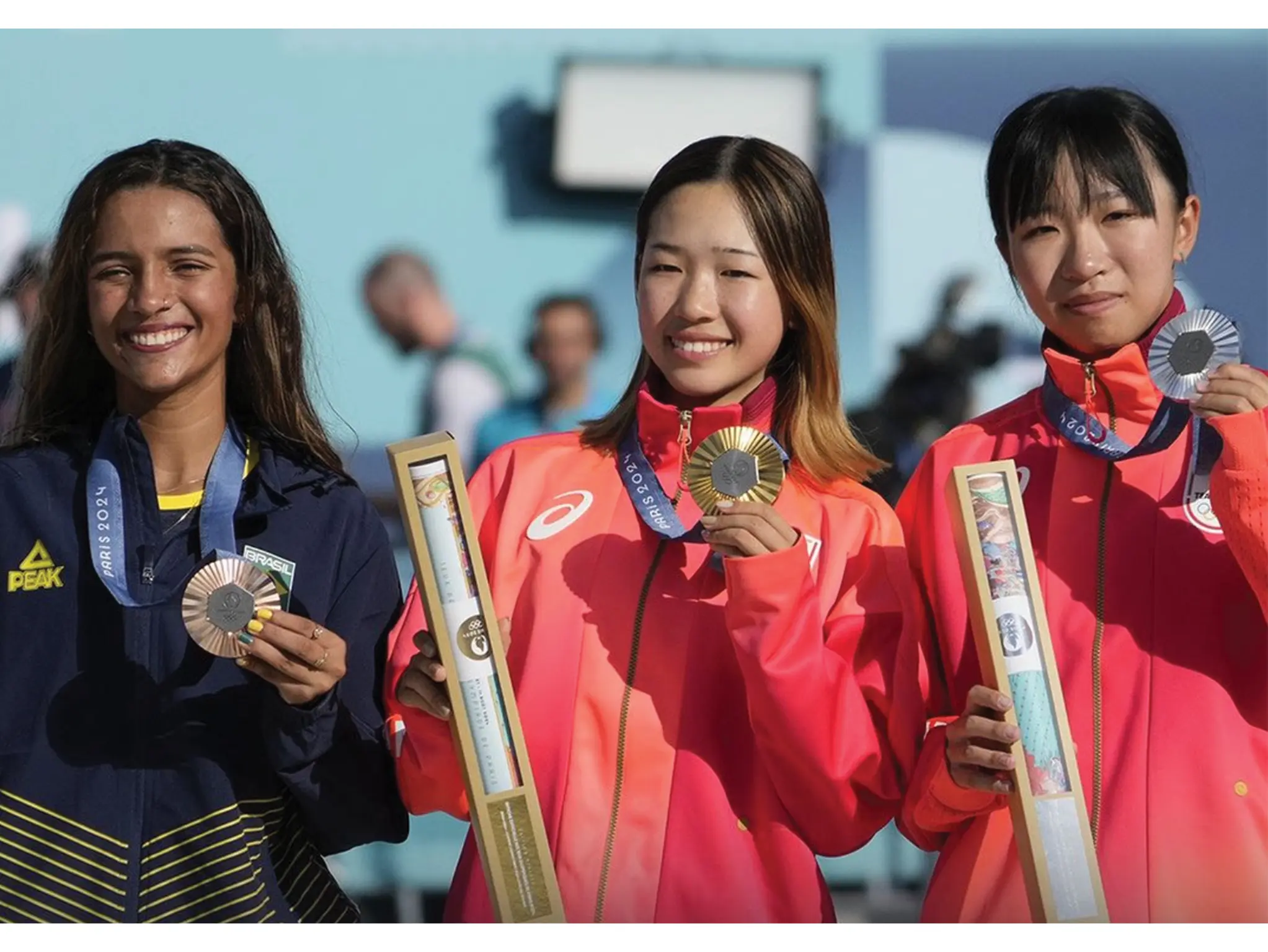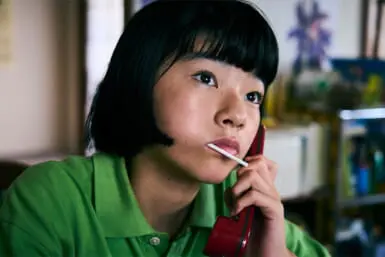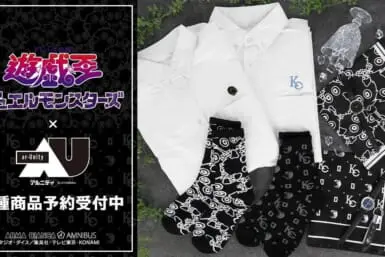Japan’s young female skaters stole the spotlight at Place de la Concorde in Paris on July 28. Coco Yoshizawa, 14, dominated both the qualifiers and the final, with 15-year-old Liz Akama coming in second. Meanwhile, 19-year-old Funa Nakayama, an Olympic bronze medalist three years ago, placed fifth in the qualifiers and finished seventh in the final.
The final involved each skater performing two 45-second runs and five attempts at their best trick, with the final rankings based on the combined scores of their top run and two best tricks. During the run segment, which focuses on a continuous flow of tricks within a set time, Akama, Yoshizawa and Nakayama secured the top three spots, raising hopes for a Japanese sweep.
During the best trick segment, Akama’s first attempt — a 270 switch front boardslide — netted 92.62, followed by another strong score of 84, putting her in the lead. But Yoshizawa clinched gold with her penultimate best trick attempt, executing a big flip front boardslide that scored 96.49, the highest of the segment, pushing her ahead of Akama. Akama earned a total of 265.95 for silver, while Brazil’s Rayssa Leal won bronze. Nakayama struggled to land any of her five attempts, finishing seventh.
This win ensured the gold medal remained with Japan, following Momiji Nishiya’s triumph in the women’s street event during the sport’s Olympic debut three years ago at the Tokyo Games.
Coco Yoshizawa
Teenager Coco Yoshizawa’s Olympic dream began three years ago during the Tokyo Games, where Momiji Nishiya won gold with a big spin flip frontside boardslide. At the time, Yoshizawa, still an elementary student, had already mastered this trick.
“Seeing Nishiya do the same trick on TV, I realized that I might have a chance too,” Yoshizawa recalled during an interview with NHK.
At the Paris Games, she started strong by placing third in the first-round qualifiers in May and then winning the second-round qualifiers in June, securing the world number one ranking and her spot in the Olympics.
She was the only competitor in the final to successfully land both her run attempts with remarkable consistency, scoring an 85.02 and later improving to an 86.80. Only Akama had a better run score by the end of the section.
Yoshizawa credits her growth to focusing on her own performance. “I stopped feeling pressured by others’ scores and concentrated on doing my best.”
Looking ahead, she stated, “Skateboarding careers are short, and the average age is low. I want to prove that adults can compete in the Olympics too.”
Liz Akama
Last year, 15-year-old Liz Akama faced a major setback when she fractured her collarbone and pelvis, nearly abandoning her Olympic dream. But she bounced back to shine on the grand stage.
In August 2023, a fall during practice resulted in fractures that required 5-6 months of recovery. Akama made her comeback in December at the World Championships, finishing sixth. She then won the qualifiers in March, securing her Olympic spot with consistent performances in May and June.
Her determination and effort, driven by past frustrations and overcoming significant injuries, paid off on the Paris stage.
Akama said during an interview with NHK, “Winning a medal at the Paris Olympics was my dream, so I’m very happy. This medal feels much heavier and more meaningful than any I’ve won before. I think I was able to skate in my own style during this competition.”
Regarding her fellow competitors, Yoshizawa and Nakayama, she commented, “We have encouraged and supported each other all the way to the Olympics, so they are irreplaceable to me. I wouldn’t have won the silver medal without them.”
Looking ahead, she added, “I definitely want to win the gold medal at the next Olympics,” already setting her sights on four years from now.
Funa Nakayama
Funa Nakayama, who finished seventh after failing to land any of her best trick attempts in the finals, expressed her disappointment during an interview with NHK, saying, “I’m very frustrated that I was the only Japanese skater who couldn’t make it to the podium. I tried my best trick five times and couldn’t land it, which shows I still need more practice. I want to start practicing more as soon as I return to Japan.”
Although Nakayama didn’t secure a medal for the second consecutive Olympics, she was met with appreciative applause for her unwavering determination and effort throughout the competition.









